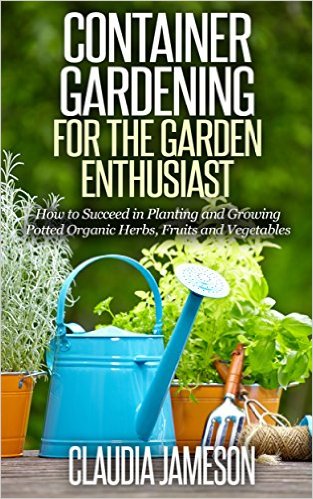
You only need to learn these ways and implement them.
Your children will enjoy the experience of working with your organic garden. A garden can provide a wonderful learning experience for children, and it gives you a chance to bond while producing healthy food.
Plant strawberries for your children in the organic garden.Children love to snap up these sweet juicy fruits for themselves and will be more willing to eat other foods you’ve planted as well.
Using aspirin and water will help your plants fight diseases. Dissolve aspirin per gallon of water for a bucket and administer to your plants. You can just spray this concoction to help them fight of disease. Use this method every three-week period.
This will also gives your flowers appear beautiful and finished all year long.
Have plastic bags on hand to put over your gardening shoes.
Pine can be a wonderful mulch so do not discard the idea. Cover your beds with the needles, they will disperse acid to the soil.
Coffee Grounds
Add used coffee grounds to your garden’s soil. Coffee grounds have a lot of the essential nitrogenous nutrients that plants are able to use.
Space is important to remember when you plant an organic garden. It is easy to underestimate how much space that the plants will take up once they start to grow. Plan accordingly and leave enough space between the seeds.
When you are growing seedlings in your organic garden, try ruffling seedlings using your hands or cardboard one or two times daily. It sounds weird, but there is actually proven research that shows this helps the plants grow.
If you need to prove to customers that your produce is legitimately organic, you should get an organic garden certified seal. This will up your sales and show your faithful customers that they have been getting the best that is grown.
Organic Gardening
Organic gardening may sometimes require more effort than resorting to chemicals, but you will reap a greater reward. While chemical companies may make astounding claims about their products, organic gardening will always provide the most rewarding and healthy crops.
Adjust your watering according to season and climate. For example, if your climate is humid and warm, humid climate watering the leaves can cause leaf fungus.
Research local botanical insecticides that can help keep any pest population down. These natural insecticides can often be more effective than their chemically engineered pesticides. However, botanical insecticides may not last as long because of their biological makeups, they often decay and disappear quickly.
When setting up an organic garden, a great tip is to plant another set of tomatoes after three weeks of planting the original ones. This makes sure that you a steady supply to tomatoes and reduce an overabundance at one time.
You can easily make a new garden for your perennials with a few steps. Use the spade to get under the turf, flip it, and then bury the whole area under a thick layer of wood chips. Wait a few weeks before planting perennials in the brand new bed.
You need to mulch your flowerbed and garden using at least 3 inches of material that is organic. This will help your garden by adding nourishment to the soil, including enriching the soil, locking in moisture, and creating a noticeably more professional look.
The best option available to water your organic garden are soaker hose.
Think about any product you buy to use while getting ready to garden. Try to use natural or organic alternatives rather than common chemical fertilizers. A great example to use compost.
Use at least 3″ of organic materials to mulch trees and flowers. This will make the soil richer and also saves you reduce your water bills. You may also find the mulch attractive.
Even though insects will be present, your plants will not be affected as much as before.
Weeds are irritating no matter what type of any garden’s existence. This organic weed killer helps keep both you or the environment.
A terrific way to obtain fertilizer for your plants in the garden is by creating compost of your own compost. An interesting way you can do this is by starting a little worm composting bin. Red worms, soil, kitchen scraps and newspaper shreds in a bin will get you started.
A superior garden can be created when one has adequate knowledge about how they can render the most from their plants. These tips on organic gardening are here to guide you on the right path.



